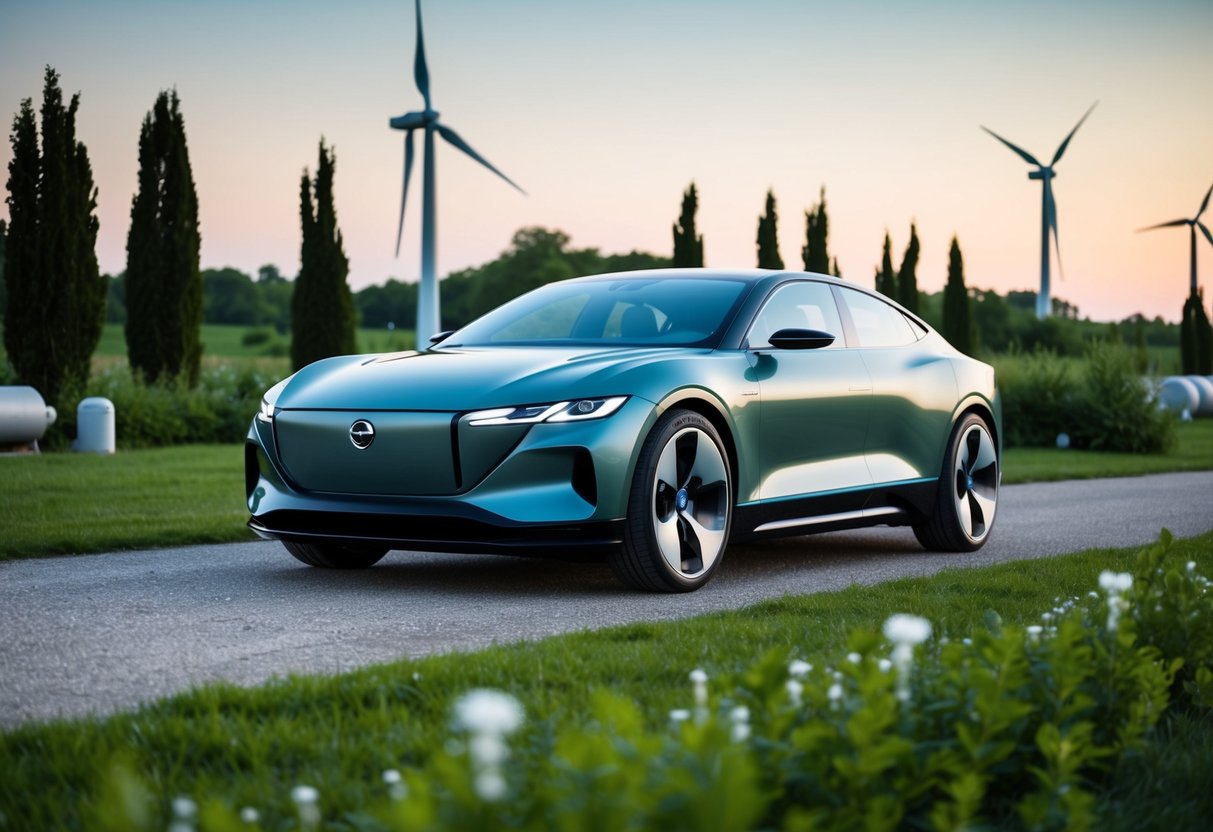
Electric Vehicles (EVs) and Sustainability
Electric vehicles significantly contribute to sustainability by reducing greenhouse gas emissions and dependency on fossil fuels. EVs produce zero tailpipe emissions, making them an environmentally friendly alternative to internal combustion engine (ICE) vehicles. This transition also aligns with global efforts to combat climate change and improve urban air quality.
Manufacturers are investing in advancing battery technology to increase efficiency, range, and affordability. As battery costs decrease, more consumers are likely to consider EVs. Additionally, many governments offer incentives for purchasing electric vehicles, further encouraging adoption. These developments illustrate the growing commitment to sustainable transportation through vehicle electrification.
Charging Infrastructure Development
An essential factor supporting the widespread adoption of electric vehicles is the development of a robust charging infrastructure. The availability of charging stations helps alleviate range anxiety, a common concern among potential EV buyers. This infrastructure includes home charging units, public charging stations, and fast chargers on highways.
Investment in charging networks continues to grow, with governments and private companies working to expand accessibility. The integration of smart charging solutions further enhances the infrastructure by optimizing energy use and reducing demand on the power grid. Ultimately, a well-developed charging network is crucial in supporting the increasing demand for EVs and facilitating the shift towards a sustainable transportation future.
Innovations in Car Design
Car design is rapidly evolving, integrating sustainability and technology to shape the future of the automotive industry. These innovations focus on sustainable materials and the implementation of artificial intelligence.
Incorporating Sustainable Materials
The automotive industry is prioritizing the use of sustainable materials to enhance vehicle design. Manufacturers are utilizing materials like recycled aluminum, bio-based fabrics, and natural composites to minimize environmental impact. These materials not only contribute to a reduction in carbon emissions but also enhance the durability and aesthetic appeal of vehicles.
Recycled aluminum is becoming a preferred choice due to its lightweight nature, helping improve fuel efficiency. Bio-based fabrics offer eco-friendly alternatives for interior design, focusing on both functionality and comfort. Natural composites, derived from materials like hemp or flax, are laminated into various car components, capitalizing on their strength and eco-friendly qualities.
Artificial Intelligence in Design
Artificial Intelligence (AI) plays a crucial role in transforming automotive design. Through AI-driven tools, designers can simulate and visualize various design scenarios, enhancing aerodynamics and efficiency. AI enables the quick adaptation of designs to meet specific performance criteria, while reducing the cost and time associated with traditional methods.
AI systems also allow for personalized vehicle features by analyzing consumer preferences and integrating them into initial design phases. This ensures that new models meet user expectations more accurately. Furthermore, AI-driven design processes improve safety features by simulating crash scenarios, leading to better structural integrity. Additionally, AI integration in design aids in optimizing manufacturing processes, minimizing waste production, and amplifying production efficiency.



